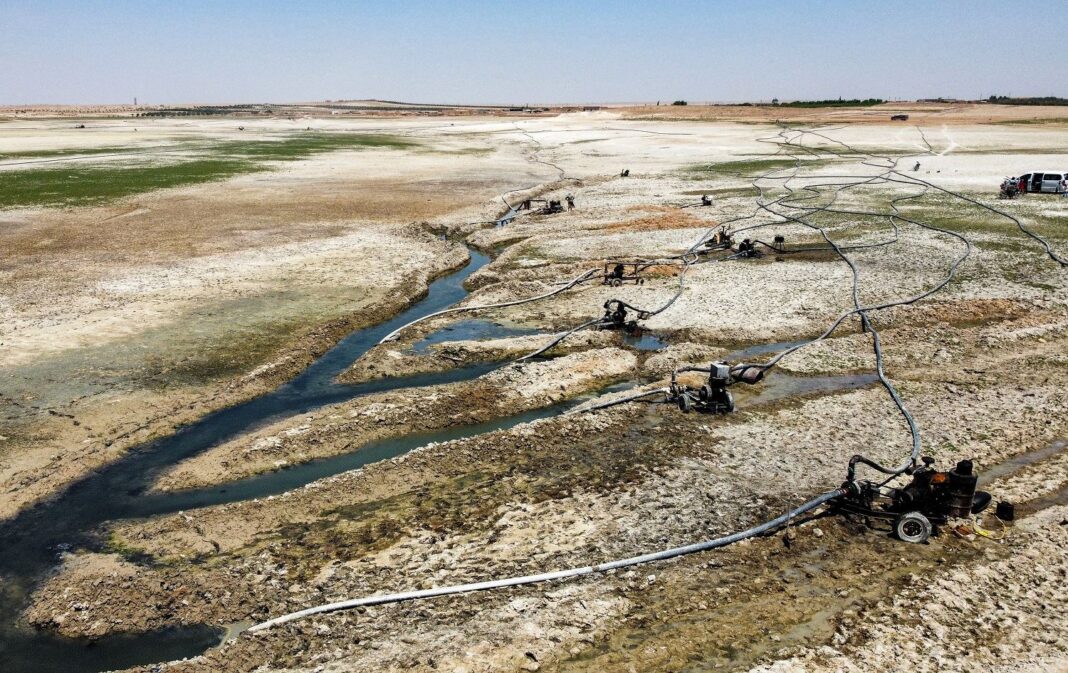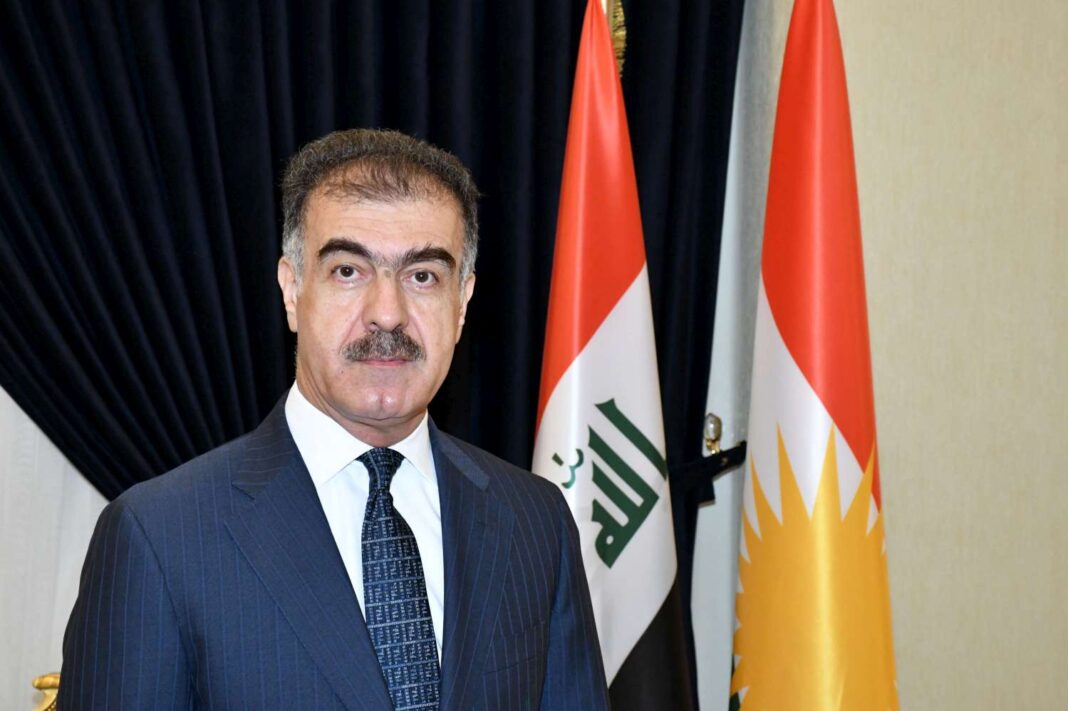Euphrates water crisis in Iraq is now at historic lows, creating severe challenges for millions of people across the country. Rising temperatures, reduced rainfall, and upstream dams have combined to push Iraq into its most critical water shortage in living memory.
The Euphrates, long considered a lifeline for Iraq, continues to shrink. Experts warn that water levels have dropped to their lowest in decades, particularly in southern provinces. Reduced flows have worsened pollution, encouraged algae growth, and damaged water quality. As a result, residents face new threats to health and agriculture.
According to Iraq’s water resources ministry, the country now receives less than 35 percent of its allocated share from the Tigris and Euphrates. To compensate, authorities release additional water from reservoirs. However, these reserves have fallen sharply, reaching their lowest levels since Iraq’s modern state began. Current storage has dropped to under eight billion cubic metres, representing less than eight percent of capacity.
Moreover, this desperate reliance on reservoirs has created new ecological problems. Experts explain that excess releases have caused rapid algae growth, which depletes oxygen and endangers aquatic life.Water quality in Karbala and Najaf is now described as “very poor.” Lake Najaf, once a vibrant water source, has been reduced to stagnant pools scattered across the basin. Meanwhile, in Nasiriyah, unusual growth of water hyacinths highlights another crisis.
In Nasiriyah, unusual growth of water hyacinths highlights another crisis. This invasive plant consumes large amounts of water daily and blocks sunlight and oxygen. With river flow declining, the spread of hyacinths has accelerated, further straining the fragile ecosystem.
Authorities insist that water purification standards remain strict and that quality is still acceptable in central and southern cities. However, many experts warn that the situation is unsustainable without immediate regional cooperation and climate adaptation strategies.
The Euphrates water crisis in Iraq is more than an environmental issue. It directly affects farming, fishing, and drinking water for millions. With reserves depleting and upstream dams continuing to restrict flow, Iraq faces a future where scarcity could become the new normal.
Ultimately, the Euphrates water crisis in Iraq underscores the urgent need for action. Without swift measures, the once-mighty river may no longer sustain the country that grew around its banks.



